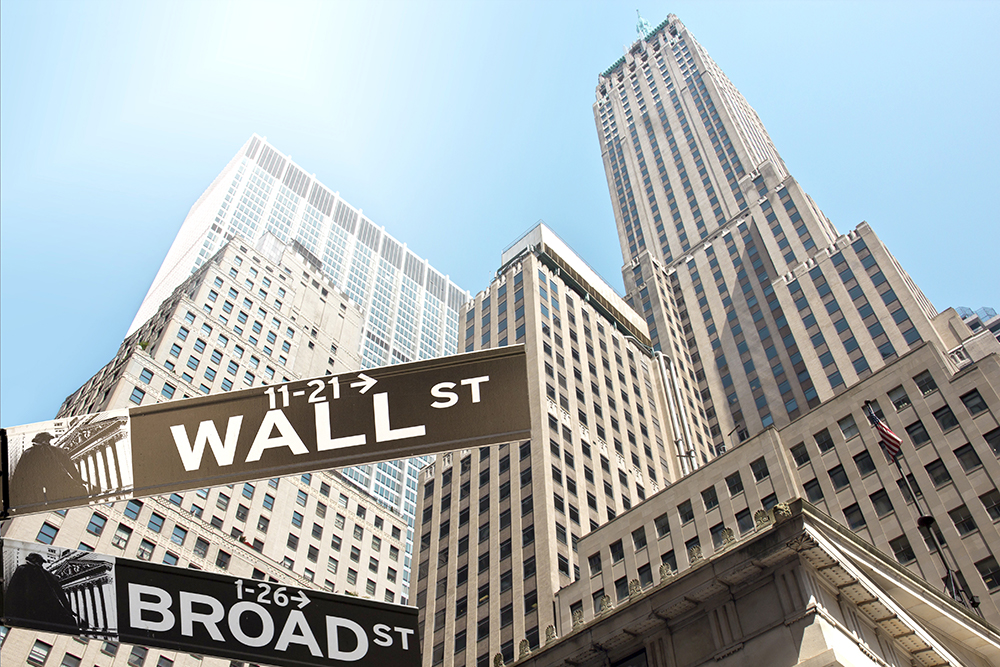Month: April 2021
The Return of the Roaring 20s
When we think about the roaring 20s, nearly a hundred years ago, we all think of a decade of growth and celebration! And there were really 2 reasons for that: The end of World War One and the end of the Spanish Flu Pandemic. While we don’t have the end of a major war, we are starting to see the end of the pandemic on the horizon and getting closer to herd immunity. But is that enough to kick off the roaring 20s for us again? First, let’s consider this year so far. We had a solid first quarter: the S&P was up 6.2%, the Dow was up 6.8%, and the US lead the world according to the MSCI. Even the Russell 2000 was up 13% in a sign that small caps are recovering. The driver of much of this growth is the growing vaccine numbers- on April 21st, President Biden announced that over 200 million people have received at least one dose of a Covid vaccine. With herd immunity on the horizon, and the likely lifting of restrictions this spring or summer, it’s no surprise to imagine that a lot of people will be traveling, making major purchases, and generally heading out and celebrating. There does appear to be significant pent-up demand – certainly enough to return to normal, and maybe then some besides. The wherewithal to spend is certainly there. As of February, the savings rate in the US was about 13%- double the historical average! So, consumers do seem coiled for recovery, which would affect travel, leisure, housing, and many other sectors of the economy. P
Combating COVID-19 Fraud
In recent months, criminal organizations at both the local and international level have been using the identities of U.S. citizens to open accounts and file fraudulent claims for unemployment benefits, exploiting the unprecedented expansion of these benefits provided in response to economic disruption caused by the COVID-19 pandemic. There are many ways that they are doing this, and the schemes range from targeting Medicare, social media, robocalls, and unemployment insurance. While not all schemes revolve around some form of identity theft, many do. According to Experian, one of the three major credit reporting agencies, here are some telltale signs of identity theft: • You no longer get your household bills in the mail. • You’ve been turned down for a loan or credit card. • You’re being billed for items you didn’t purchase. • Your financial accounts show charges you don’t recognize. • Your tax return was rejected. • Small test charges appear on your credit card statement. • Your creditors alert you to suspicious activity. It’s important to keep an eye out and be aware of anything out of the ordinary. There are also steps you can take to protect yourself such as password protecting your devices, never giving out information ove
Anxiety and Inflammation: Is There A Link?
Although evidence is slowly mounting, we have a great deal to learn about the relationship between inflammation and anxiety. Anxiety disorders are common. According to the World Health Organization (WHO), in 2015, an estimated 3.6% of the global population had an anxiety disorder, which is around 264 million people. What is Inflammation? Inflammation is a protective response that helps the body rid itself of the offending stimuli and protect the body. However, if inflammation persists, it can damage the cells and tissues it is designed to protect. Linking Inflammation and Anxiety Although there is now good evidence of links between inflammation and depression, less research has examined the relationship between inflammation and anxiety. Steadily, scientists are building up a body of evidence. Anxiety disorders are characterized by mental distress. However, they may also be associated with an increased risk of coronary heart disease, atherosclerosis, and metabolic disorders. Because these conditions involve low grade systemic inflammation and because depression often comes hand in hand with anxiety, some scientists are asking whether inflammation might therefore play a part in anxiety disorders. The Take-Home Although the evidence of a link between inflammation and mental health is becoming stronger, scientists have a long path to traverse before they fully understand the importance of this relationship. The immune system is an incredibly complicated topic, and menta
2021 Economic Commentary
Vaccine-led Restart The new nominal theme – which flags a more muted response in nominal government bond yields to rising inflation than in the past – has played out since last year. Inflation-adjusted yields, or real yields, have fallen further into negative territory as a result. Additional fiscal spending could turbocharge a vaccine-led economic restart later this year – one that we believe may exceed market expectations. Activity in many services sectors is already compressed with less room to decline further. Businesses have also adapted to an environment of social distancing, allowing operations to continue. Consensus expectations of the size of the shock have been revised down materially, particularly for the euro area. Vaccine rollouts are likely to stoke a sharper-than-anticipated rebound. A Different Shock We see pent-up demand in contact-intense services rebounding sharply once restrictions lift in the U.S. and euro area – as seen in China, and supported by the accumulation in personal savings. U.S. consumers have built up a savings buffer equivalent to more than 12% of annual consumer spending over the past year. Not only is the policy response this time far more overwhelming, but a large part of economic activity will restart on its own once the pandemic is under control, in our view. This is a key difference with the Global Financial Crisis (GFC). The objective of the current policy response has been different: it is not to stimulate






 Virteom
Virteom